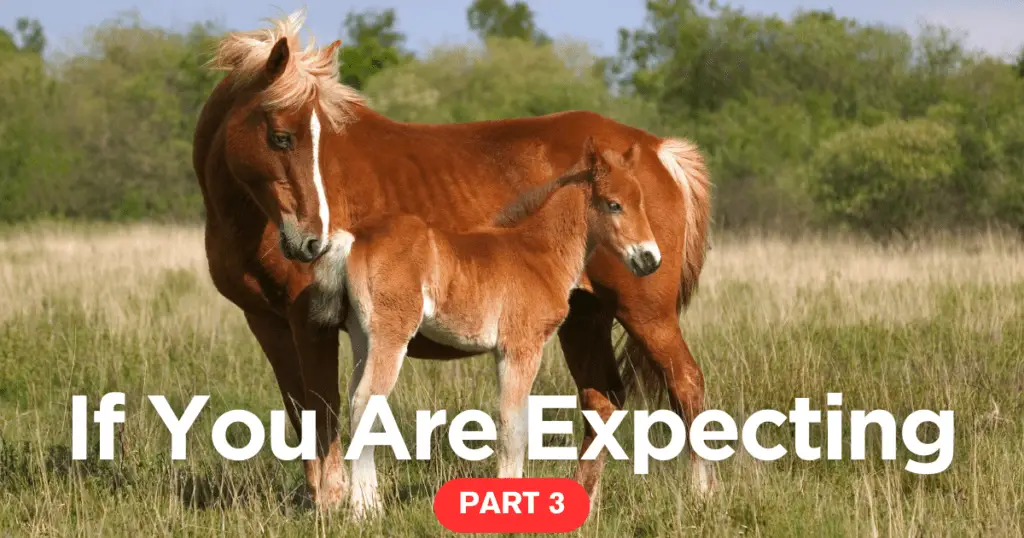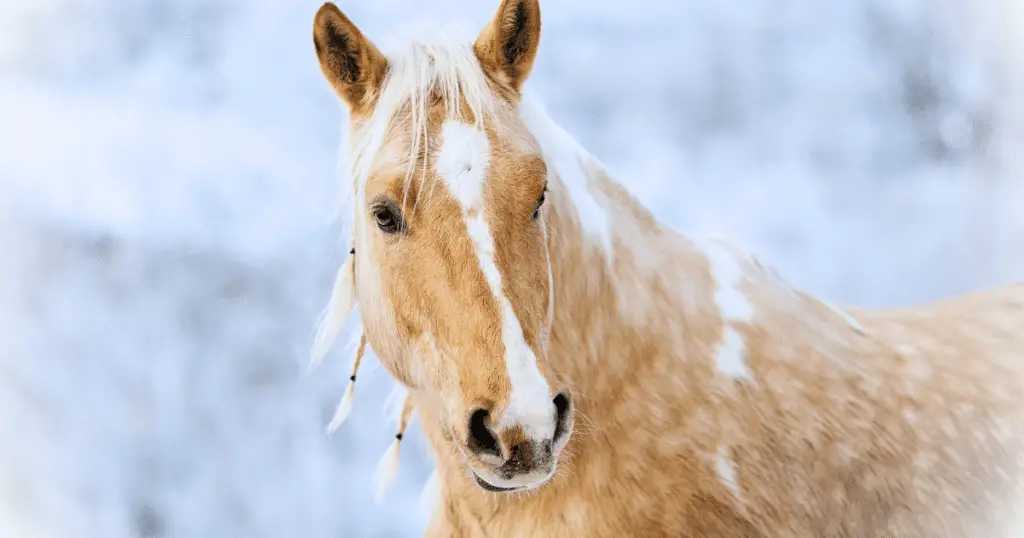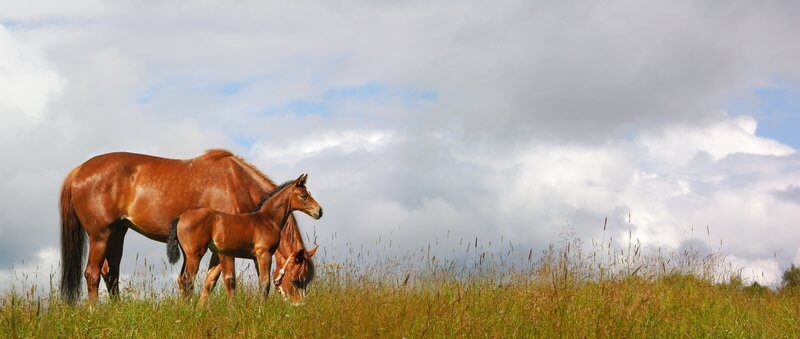If You Are Expecting: Part 3
A mare’s gestation is normally between 320 and 345 days – that’s a long time to wait for something to go wrong. Before your precious bundle arrives, there are three important areas of your mare’s health that you need to consider. In this article, we discuss the third, If You Are Expecting: Vaccinations And Worming.
In case you missed Part 1, click here, or Part 2, click here.

If You Are Expecting: Part 3
Mare Care: Vaccinations and Worming
Protecting your mare and her unborn foal is easy with a sufficient vaccination and worming program prior to the foal’s arrival.
Vaccinations
The most important vaccination your mare should receive during her pregnancy is tetanus, which is usually combined with strangles, commonly named ‘2 in 1’.
If you’re unsure about your mare’s vaccination history, it’s best to give her the full course of tetanus and strangles. However, if she’s had the initial course, then she should receive the annual booster four weeks prior to her due date.
Herpes virus can cause abortion in pregnant mares and respiratory issues in unborn foals. There are vaccines available to protect your mare and foal against the most common – herpes virus 1 and 4. These vaccines should be administered at five, seven and nine months of gestation.
Depending on where you live, you may also vaccinate against salmonella. Salmonella is usually caught by foals either through ingestion or contamination via the umbilicus, leading to infection and diarrhoea, which can develop into septicemia.
Your mare should be vaccinated six weeks prior to foaling. If she hasn’t been previously vaccinated, she should also receive an initial vaccine four weeks prior to the six-week one.
Worming
Finally, worming every 8-12 weeks is crucial for your mare’s health. There are many wormers on the market, so make sure the label states your choice of wormer is safe to use during pregnancy.
If you’re nervous about worming your mare, worm her on the day she foals and remove her from the foaling paddock to prevent contamination. Collect any manure from the paddock as well to remove all feces which may contain eggs.



